Add to Wishlist
Crop Production Systems And Farm Management In Financial Services
By Fran Juarez
Publisher: Alexis Press LLC
$135.00
ISBN 13: 979-8-89143-226-0
YEAR: 2024
eBOOK
Instant Delivery
SKU:
ALX-AG-226-0
Category:
Agriculture
Additional information
| Access Type | Download eBook, Read Only |
|---|
Be the first to review “Crop Production Systems And Farm Management In Financial Services” Cancel reply
You must be logged in to post a review.
Purchase now to read the book online.
Select optionsRelated products
Agriculture And The Environment
By Aaren Castro
$135.00
The environmental impact of agriculture is the effect that different farming practices have on the ecosystems around them, and how those effects can be traced back to those practices. The environmental impact of agriculture varies widely based on practices employed by farmers and by the scale of the practice. Farming communities that try to reduce environmental impacts by modifying their practices will adopt sustainable agriculture practices. The negative impact of agriculture is an old issue that remains a concern even as experts design innovative means to reduce destruction and enhance eco- fficiency.
Agriculture And The Environment
By Aaren Castro
$135.00
The environmental impact of agriculture is the effect that different farming practices have on the ecosystems around them, and how those effects can be traced back to those practices. The environmental impact of agriculture varies widely based on practices employed by farmers and by the scale of the practice. Farming communities that try to reduce environmental impacts by modifying their practices will adopt sustainable agriculture practices. The negative impact of agriculture is an old issue that remains a concern even as experts design innovative means to reduce destruction and enhance eco- fficiency.
Agricultural Technology
$135.00
A major turning point for agricultural technology is the Industrial Revolution, which introduced agricultural machinery to mechanize the labor of agriculture, greatly increasing farm worker productivity. In modern mechanized agriculture powered machinery has replaced many farm jobs formerly carried out by manual labor or by working animals such as oxen, horses, and mules. Advances in the 19th century included the development of modern weather forecasting and the invention of barbed wire. Improvements to portable engines and threshing machines led to their widespread adoption.
Agricultural Technology
$135.00
A major turning point for agricultural technology is the Industrial Revolution, which introduced agricultural machinery to mechanize the labor of agriculture, greatly increasing farm worker productivity. In modern mechanized agriculture powered machinery has replaced many farm jobs formerly carried out by manual labor or by working animals such as oxen, horses, and mules. Advances in the 19th century included the development of modern weather forecasting and the invention of barbed wire. Improvements to portable engines and threshing machines led to their widespread adoption.
Organic Gardening And Farming Techniques
By Nicky George
$135.00
Organic agricultural methods are internationally regulated and legally enforced by many nations, based in large part on the standards set by the International Federation of Organic Agriculture Movements (IFOAM), an international umbrella organization for organic farming organizations established in 1972. Organic agriculture can be defined as "an integrated farming system that strives for sustainability, the enhancement of soil fertility and biological diversity while, with rare exceptions, prohibiting synthetic pesticides, antibiotics, synthetic fertilizers, genetically modified organisms, and growth hormones".
Organic Gardening And Farming Techniques
By Nicky George
$135.00
Organic agricultural methods are internationally regulated and legally enforced by many nations, based in large part on the standards set by the International Federation of Organic Agriculture Movements (IFOAM), an international umbrella organization for organic farming organizations established in 1972. Organic agriculture can be defined as "an integrated farming system that strives for sustainability, the enhancement of soil fertility and biological diversity while, with rare exceptions, prohibiting synthetic pesticides, antibiotics, synthetic fertilizers, genetically modified organisms, and growth hormones".
Agrarianism
By Ash Mcintosh
$135.00
Agrarianism, in social and political philosophy, perspective that stresses the primacy of family farming, widespread property ownership, and political decentralization. Agrarian ideas are typically justified in terms of how they serve to cultivatemoral character and to develop a full and responsible person. Many proponents of agrarianism revere nature (whether understood as natural phenomena or as God’s creation), respect tradition and experience, distrust ideology, and regard science and technology with skepticism. Proponents of agrarianism believe that when individuals attach themselves to farming and a rural way of life, the required labour enhances their existence. Family and locale are rooted, allowing stable associations to develop that enable people to experience, in a nonacquisitive way, the goods of a grounded community, including leisure, friendship, love, art, and religion
Agrarianism
By Ash Mcintosh
$135.00
Agrarianism, in social and political philosophy, perspective that stresses the primacy of family farming, widespread property ownership, and political decentralization. Agrarian ideas are typically justified in terms of how they serve to cultivatemoral character and to develop a full and responsible person. Many proponents of agrarianism revere nature (whether understood as natural phenomena or as God’s creation), respect tradition and experience, distrust ideology, and regard science and technology with skepticism. Proponents of agrarianism believe that when individuals attach themselves to farming and a rural way of life, the required labour enhances their existence. Family and locale are rooted, allowing stable associations to develop that enable people to experience, in a nonacquisitive way, the goods of a grounded community, including leisure, friendship, love, art, and religion
Disciplines In Agriculture
By Willy Osborn
$135.00
Agricultural science is a broad multidisciplinary field of biology that encompasses the parts of exact, natural, economic, and social sciences that are used in the practice and understanding of agriculture. Professionals of agricultural science are called agricultural scientists or agriculturists.
Disciplines In Agriculture
By Willy Osborn
$135.00
Agricultural science is a broad multidisciplinary field of biology that encompasses the parts of exact, natural, economic, and social sciences that are used in the practice and understanding of agriculture. Professionals of agricultural science are called agricultural scientists or agriculturists.
Agriculture in the United States
$135.00
Advances in Agronomy
$135.00
Agronomy is the science and technology of producing and using plants by agriculture for food, fuel, fiber, chemicals, recreation, or land conservation. Agronomy has come to include research in plant genetics, plant physiology, meteorology, and soil science. It is the application of a combination of sciences such as biology, chemistry, economics, ecology, earth science, and genetics. Professionals of agronomy are termed agronomists.
Advances in Agronomy
$135.00
Agronomy is the science and technology of producing and using plants by agriculture for food, fuel, fiber, chemicals, recreation, or land conservation. Agronomy has come to include research in plant genetics, plant physiology, meteorology, and soil science. It is the application of a combination of sciences such as biology, chemistry, economics, ecology, earth science, and genetics. Professionals of agronomy are termed agronomists.
Bakery: Agriculturally Based Manufacturing Industry
By Vic Harvey
$135.00
Because of the fame of the art of baking, around 300 BC, baking was introduced as an occupation and respectable profession for Romans. Bakers began to prepare bread at home in an oven, using mills to grind grain into flour for their bread. The demand for baked goods persisted, and the first bakers' guild was established in 168 BC in Rome. The desire for baked goods promoted baking throughout Europe and expanded into eastern parts of Asia. Bakers started baking bread and other goods at home and selling them on the streets. Baked goods have been around for thousands of years. The art of baking was developed early during the Roman Empire. It was a highly famous art as Roman citizens loved baked goods and demanded them frequently for important occasions such as feasts and weddings.
Bakery: Agriculturally Based Manufacturing Industry
By Vic Harvey
$135.00
Because of the fame of the art of baking, around 300 BC, baking was introduced as an occupation and respectable profession for Romans. Bakers began to prepare bread at home in an oven, using mills to grind grain into flour for their bread. The demand for baked goods persisted, and the first bakers' guild was established in 168 BC in Rome. The desire for baked goods promoted baking throughout Europe and expanded into eastern parts of Asia. Bakers started baking bread and other goods at home and selling them on the streets. Baked goods have been around for thousands of years. The art of baking was developed early during the Roman Empire. It was a highly famous art as Roman citizens loved baked goods and demanded them frequently for important occasions such as feasts and weddings.
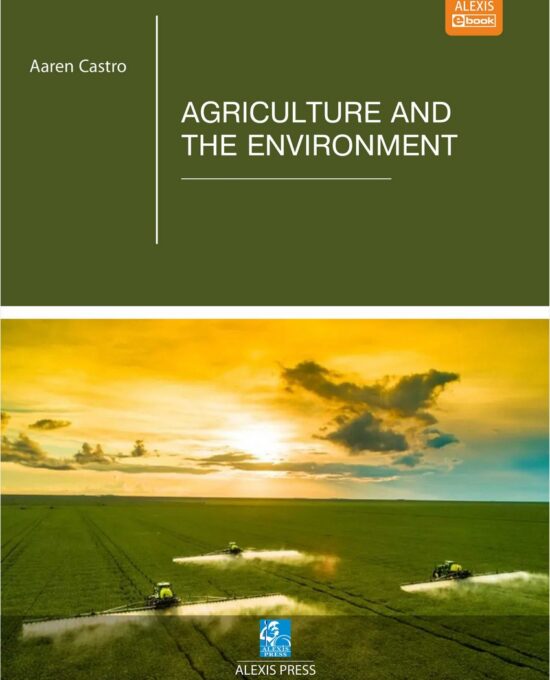
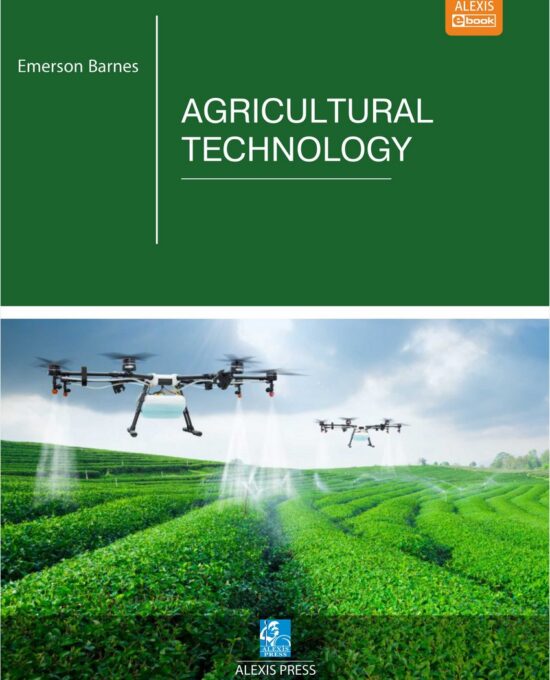
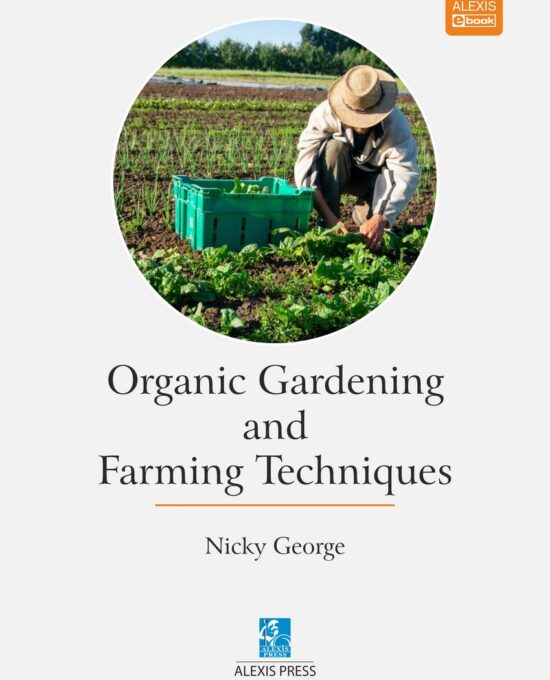
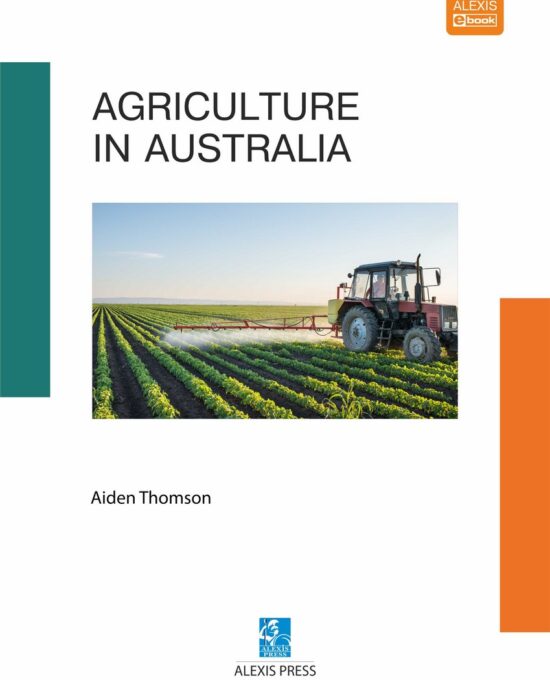
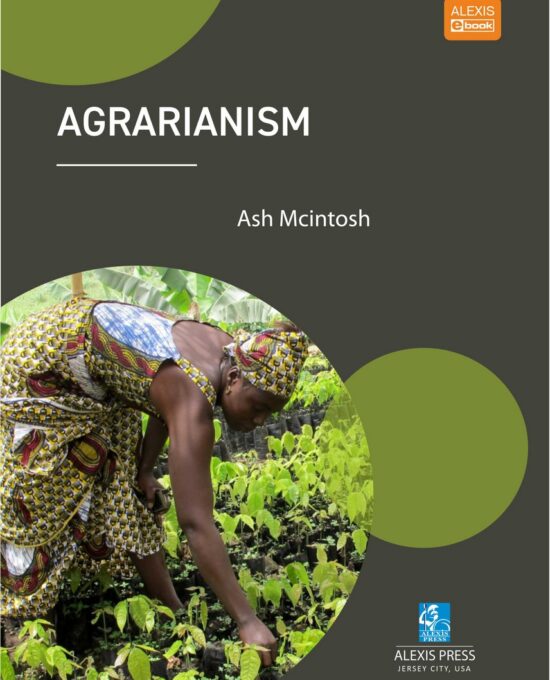
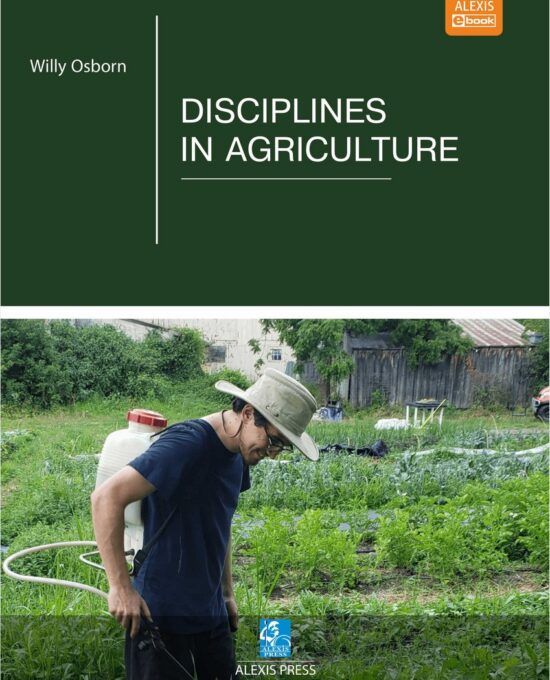
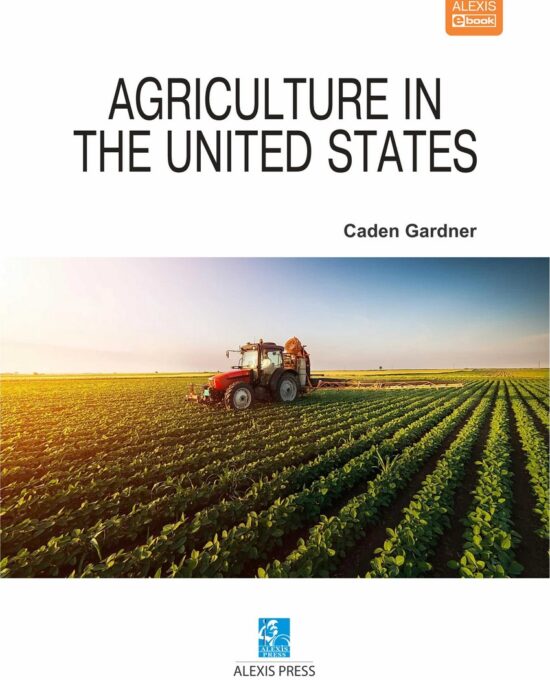
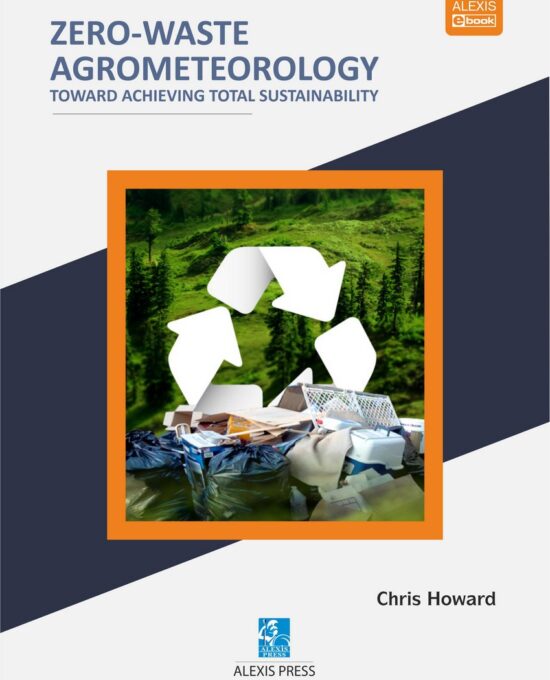
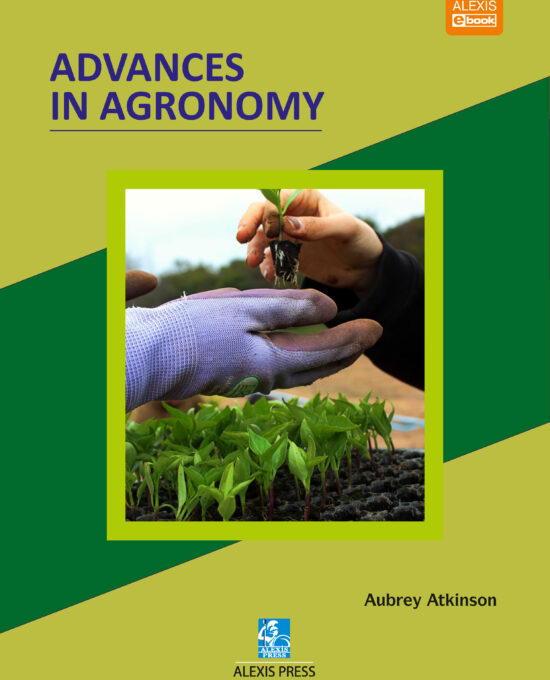
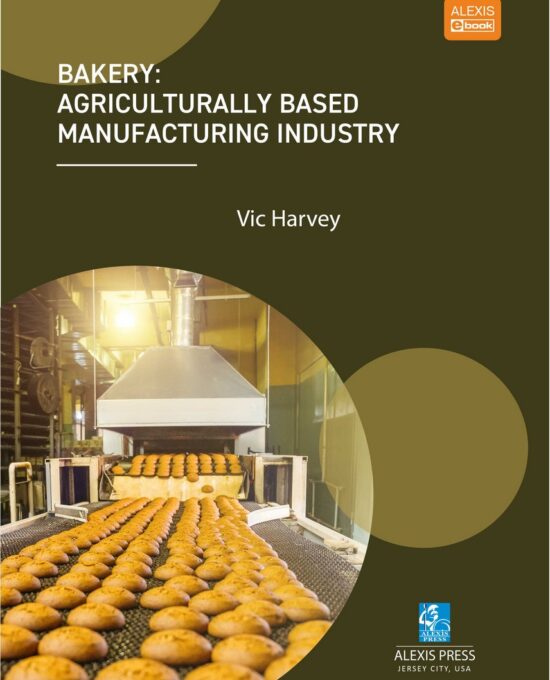


Reviews
There are no reviews yet.